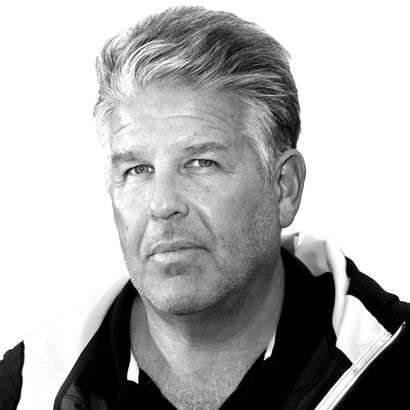It takes guts to write a book about courage when you have been less than courageous yourself. But that is what Ryan Holiday has done.
Over the past few years, the 34-year-old former marketing executive has transformed himself into what you might call a philosopher-popularizer. His third book, The Obstacle Is the Way, sold more than one million copies and became a bible among players in the N.F.L. and N.B.A. It also became a No. 1 best-seller, as did his 2016 book The Daily Stoic, where he repackaged the wisdom of ancient philosophers for modern life.


